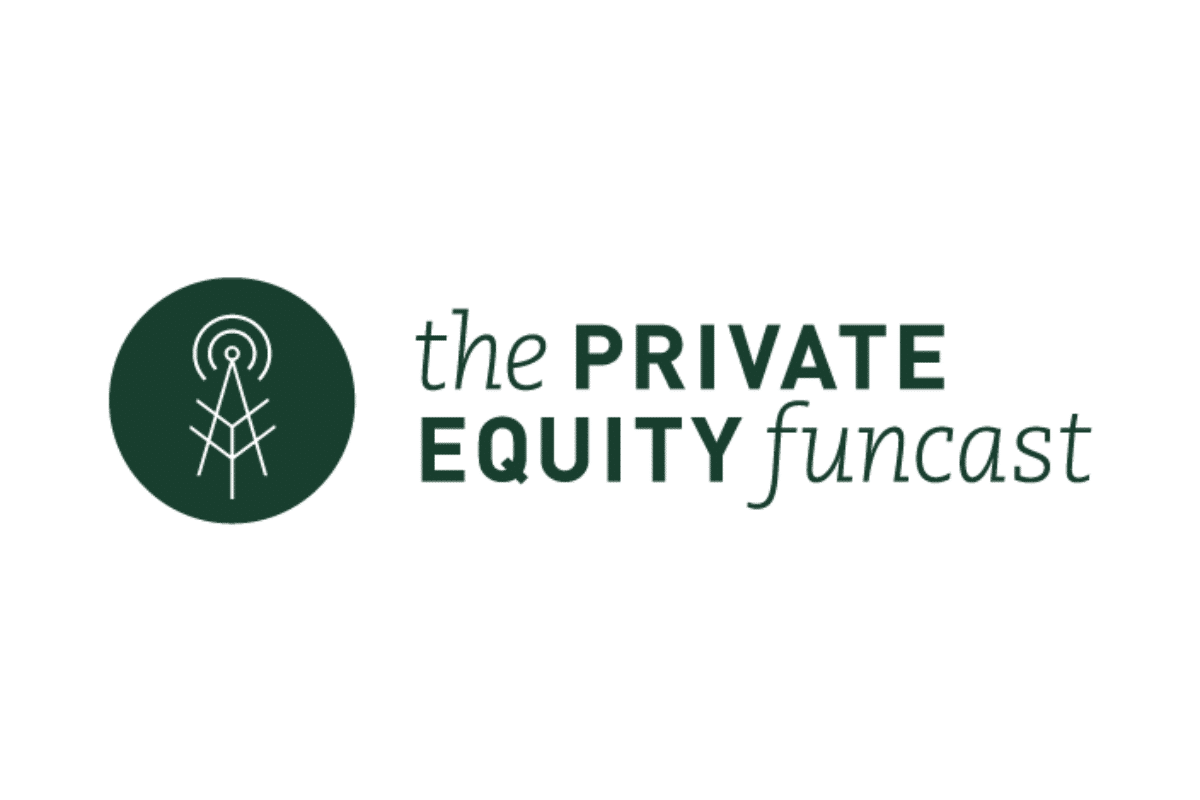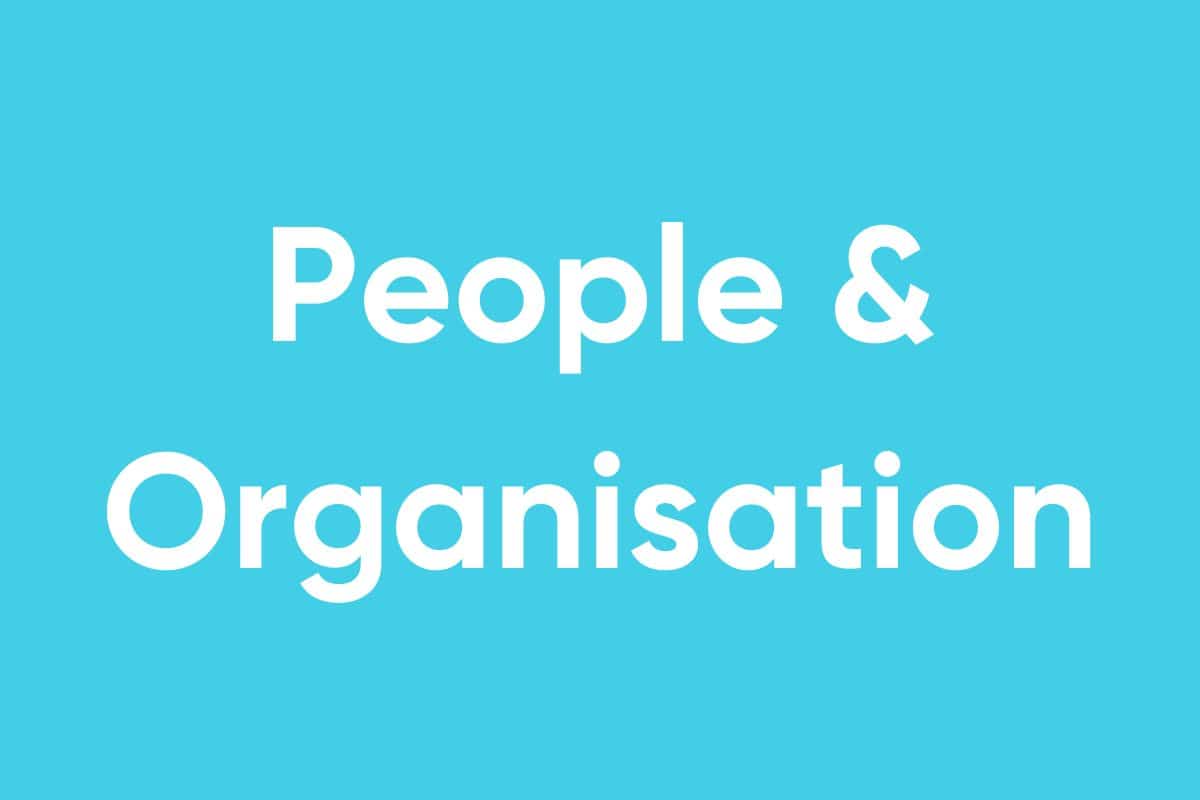Pricing your own products is a challenge for every software entrepreneur. Competition is typically fierce, your product is never truly finished, and support tickets are more abundant than you’d like. As a result, pricing often takes a more cautious approach, whether it’s for Software-as-a-Service or traditional licensing models.
Especially in the case of traditional licensing models, your sales team may have some negotiation leeway that is often utilized to close deals. Ideally, this could involve granting a discount on the licensing agreement or consulting fees. In less favorable scenarios, the percentage of maintenance fees might be reduced or maintenance might be included with the discounted licensing agreement.
Absolutely, pricing should align with the value a product or service provides to customers, as well as reflect any increased costs on the company’s side. While it’s important to satisfy customers, it’s equally vital to ensure your business remains profitable and sustainable. Regularly evaluating and adjusting pricing strategies can help achieve this balance.
But what customer churn rates should one expect when making price adjustments? In general, the impacts are much less than one might fear.
License models with maintenance contracts
When it comes to licensing models, customers should initially be divided into clusters: Who pays how much for what level of service? Already in this step, outliers can be identified, those who have obviously negotiated very well with the sales team. For this group, price adjustments for maintenance should come as no surprise, as the initial conditions were evidently very favorable. The argument here can be based on an adjustment to the market-standard percentage for maintenance services. Churn rates for these customer groups are so low that the increased value contribution to one’s own company effectively always outweighs it.
It becomes more challenging with customers who are just below the standard pricing. Here, it becomes apparent that once the software is in use and has gained appreciation from customers, price increases can be well-justified. After all, initial skepticism usually gives way to the realization that the software is indeed worth its cost. Typical churn rates for this group tend to be around 5% following a price adjustment, which, in most cases, is very acceptable compared to the increased value contribution.
Software as a Service
For Software-as-a-Service (SaaS) models, prices are typically standardized and openly communicated with varying levels of service. Price increases should initially target new customers. If the company has a broad geographic presence, test markets can also be identified. The impact of price increases on conversion rates is the determining factor in whether the increase is too high (or too low). When adjusting prices for existing customers, they should be granted a special termination right. Therefore, insights from the new customer segment should be carefully analyzed and incorporated into pricing considerations.
Conclusion
Experience shows that customers are generally willing to pay a fair price for a good product. Entrepreneurs should not hesitate to price their services accordingly. In general, the more critical the software is for business operations, the lower the churn rates will be, even with significant price increases.












